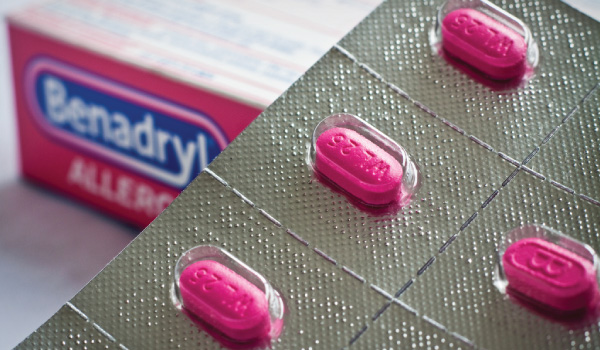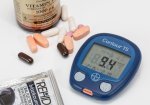Benicar and High Blood Pressure Examined
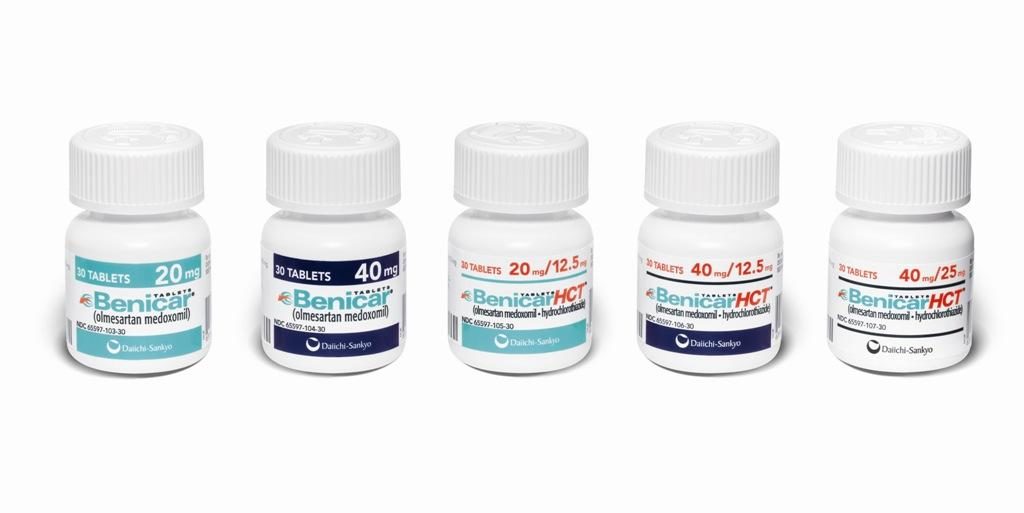
Image Credit: ClassAction.com
The relationship between Benicar and high blood pressure is well documented and continues to be an area of interest to many people suffering from high blood pressure. Benicar is the brand name for olmesartan medoxomil an antihypertensive pharmaceutical drug that was developed in 1995 by Daiichi Sankyo, a Japanese pharmaceutical company. Whilst the drug has some side effects which we shall highlight below, it was approved by the U.S. Food and Drug Administration (FDA) back in 2002 on the basis that its benefits outweighs any potential, known and reported side effects.
Let's go under the hood to understand what exactly Benicar does to high blood pressure.
Our bodies, the liver in particular, produces what is known as
angiotensin-ll. Angiotensin-ll is a protein which causes blood vessels
to constrict. When blood vessels are constricted the result is that your
heart works harder to pump blood through the restricted vessels
resulting in elevated blood pressure. Blood vessel constriction is a
biologically well understood cause of high blood pressure and subsequent
organ damage.
Benicar is in the class of high blood pressure
medications known as ARBs or angiotensin receptor blockers. The drug
works by blocking the production of angiotensin-ll in the liver. This
results in low blood pressure as the blood vessels stop constricting the
flow of blood. The active ingredient in Benicar which achieves these
results is called olmesartan also listed as olmesartan medoxomil.
Studies have shown that Benicar effectively controls blood pressure in a sustained manner throughout the 24-hour dosage interval. This control of blood pressure includes the last 4 hours of the dosage period. However, there is no evidence which suggest that Benicar is more effective than other ARBs.
Nevertheless, compared to other ARBs, researchers have scientifically shown that Benicar has a faster onset of action. It was shown to swiftly reduce diastolic blood pressure and systolic blood pressure. During observations, 20 mg of Benicar (which is the recommended starting dosage per day) produce an average decrease in diastolic blood pressure of 10 mm Hg. If blood pressure control is not adequately achieved after some 14 days, the dosage can be increased to the maximum of 40 mg per day. The drug also has better tolerability including in elderly patients.
Individuals researching on Benicar and high blood pressure would be interested to learn that the drug can be used to treat hypertension by itself, meaning as a monotherapy, or in combination with other antihypertensive medications. Studies have also shown that Benicar has better compatibility when used to treat hypertension in combination with other high blood pressure medications.
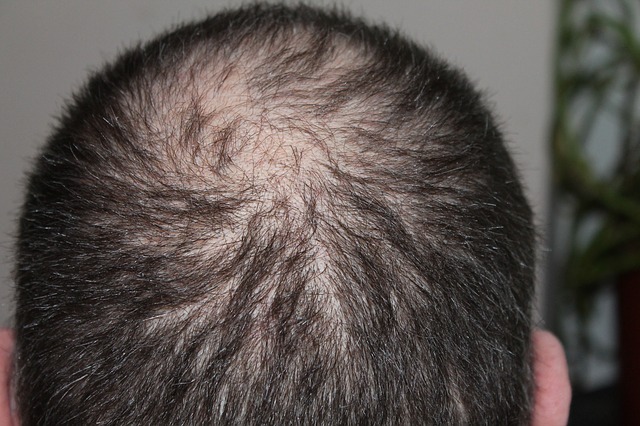
Benicar and High Blood Pressure: Side Effects
Olmesartan the active ingredient in Benicar which may cause low blood pressure or hypotension and acute renal failure. Hypotension can occur in individuals who are sodium depleted. A small percentage of people in a certain Benicar study developed angioedema which is the swelling of the lower layer of the skin or tissue just below the skin.
Other rare Benicar and high blood pressure side effects have been reported as hair loss also known also known as alopecia. Some individuals have reported that Benicar side effects have taken years to appear in some cases taking as long as 10 years.
The following are some side effects reported by individual users of Benicar for treating high blood pressure. Keep in mind that these side effects are not common in all users but in many cases experienced in individual circumstances. The list is not exhaustive.
- Leg cramps
- Kidney infections
- Sore chest
- Upper back pain
- Dizzy spells
- Stomach pain
- Constipation
- Stiffness in legs
- Weight gain
- Loss of sex drive
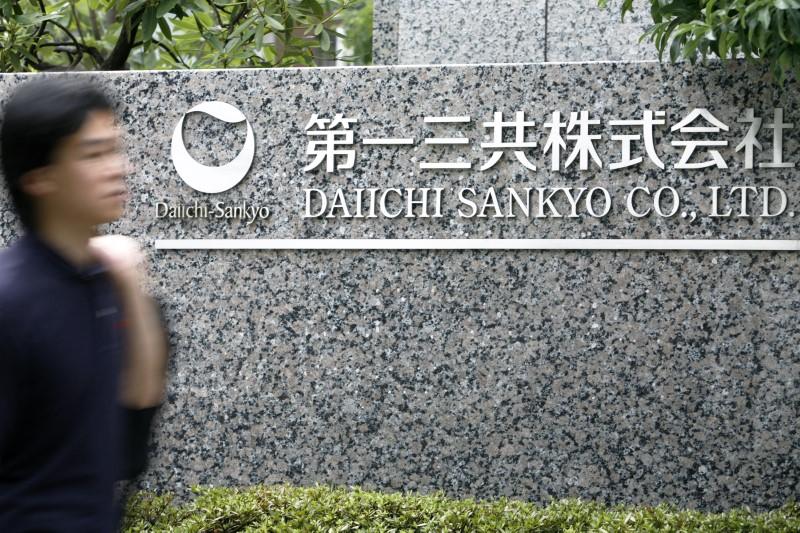
Image Credit: Reuters.com
In July 2017, Daiichi Sankyo went into an out of court settlement involving some $300 million after a class action that accused the company of not telling users on the labels that the drug had potential to cause gastrointestinal illness as a side effect.
The class action filed in the United States accused the company of not carrying warning labels to this effect for the first 10 years of the drug coming to the market. Daiichi Sankyo still denies that Benicar causes gastrointestinal illness.

|
Alcohol and Blood Pressure |
Return to Hypertension Medications from Benicar and High Blood Pressure
Return to Hypertension Home Page from Caffeine and Blood Pressure
Disclaimer
Information contained on this website is not meant to replace your doctor's advice.
(c) All Rights Reserved. 2010-2018
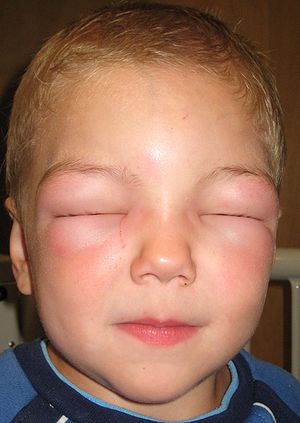
What you see here is what happens in rare but reported cases of Benicar side effects. This is a rather severe manifestation of angioedema. This patient is unable to open his eyes due to the acute swelling. Angioedema occurs when a layer of tissue just under the skin swells. In a clinical trial of Benicar ,out of 3,825 participants, only 5 reported angioedema. This makes it a very rare side effect of Benicar nevertheless concerning when it occurs.
